Knowledge Hub
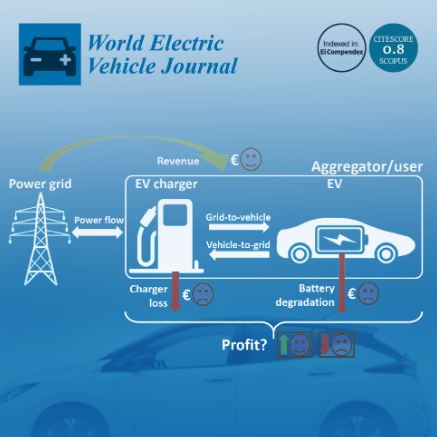
The Impact of Battery-Electric Vehicles on Energy Consumption: A Macroeconomic Evidence from 29 European Countries
2022
Author(s): Koengkan M, Fuinhas JA, Belucio M, Alavijeh NK, Salehnia N, Machado D, Silva V, Dehdar F
The impact of battery electric vehicles (BEV) on energy consumption was researched modeling energy consumption against BEVs, Gross Domestic Product (GDP), and e-commerce, using annual data from 2010 to 2020, for twenty-nine European countries, with quantile regression and OLS with fixed effects econometric techniques.
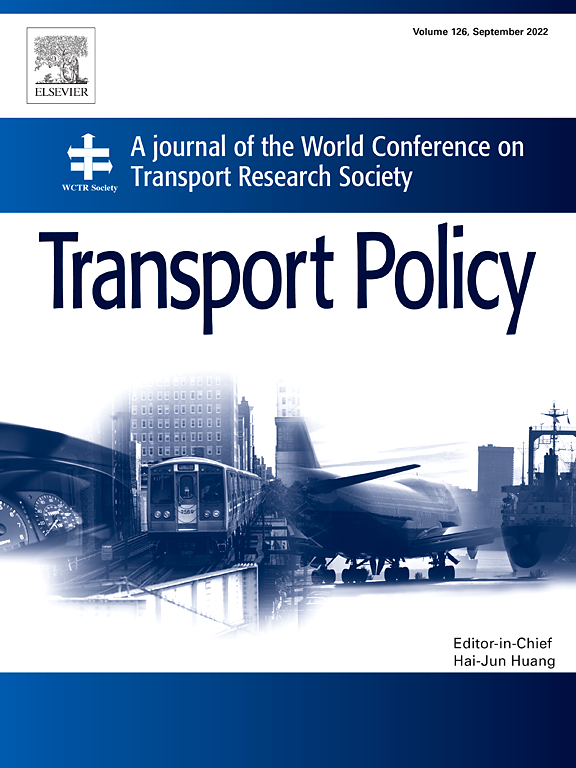
Analysis of Activity Duration-Related Charging Behavioral Responses of Electric Vehicle Travelers to Charging Services
2022
Author(s): Wang D, Liao F, Gao Z, Tian Q
This study analyzes the activity duration-related charging behavioral responses of private EV travelers to charging services in an equilibrium model. The charging services concern the operating policies related to the spatial allocation of charging opportunities and charging pricing.
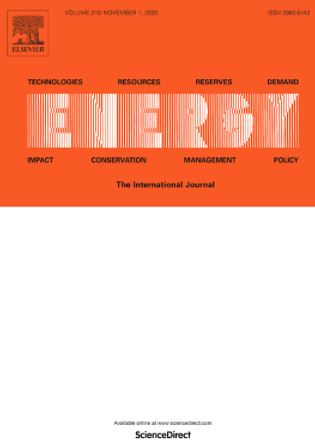
Lifecycle Assessment of Diesel, Diesel-Electric and Hydrogen Fuel Cell Transit Buses With Fuel Cell Degradation and Battery Aging Using Machine Learning Techniques
2022
Author(s): Ahmadi P, Raeesi M, Changizian S, Teimouri A, Khoshnevisan A
This research conducts a dynamic simulation and a regional lifecycle assessment of a hydrogen fuel cell vehicle (FCV), a hybrid electric/diesel, and a diesel-powered transit bus.
Remote sensing of heavy-duty vehicle emissions in Europe
2022
Author(s): Bakhshmand SK, Mulholland E, Tietge U, Rodríguez F
This study presents a multi-regional remote sensing analysis of 33,600 European trucks and buses to quantify the real-world level of pollutant emissions across different vehicle emission standards. It draws on data recorded from six remote sensing campaigns in Europe conducted between 2017 and 2020, covering a range of ambient temperatures and vehicle driving conditions.
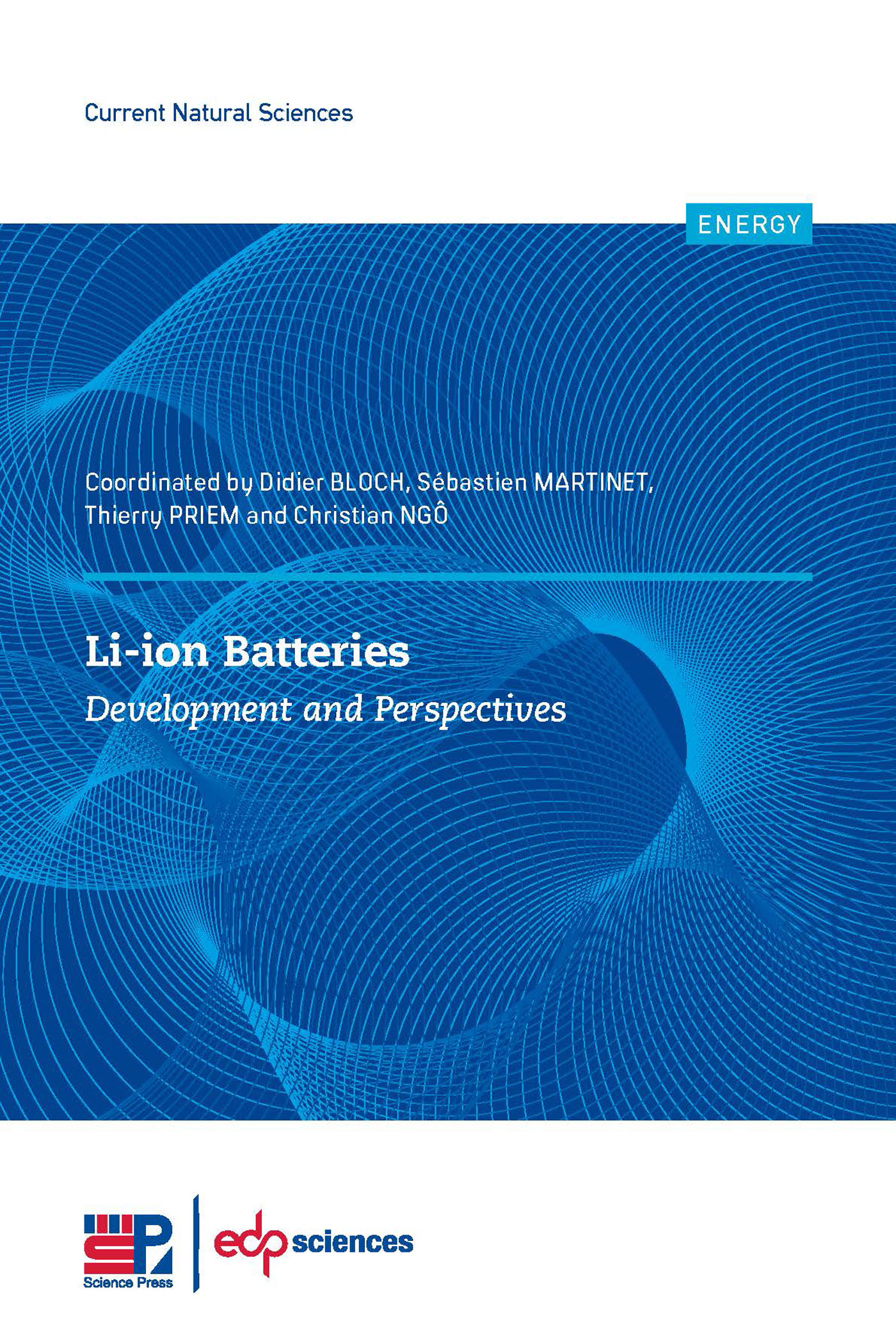
Li-ion Batteries:Development and perspectives
2022
Author(s): Bloch D, Priem T, Martinet S and Ngô C
The purpose of this book is to provide the reader an overview of lithium battery technologies, current initiatives around the world, and some perspectives for the future.
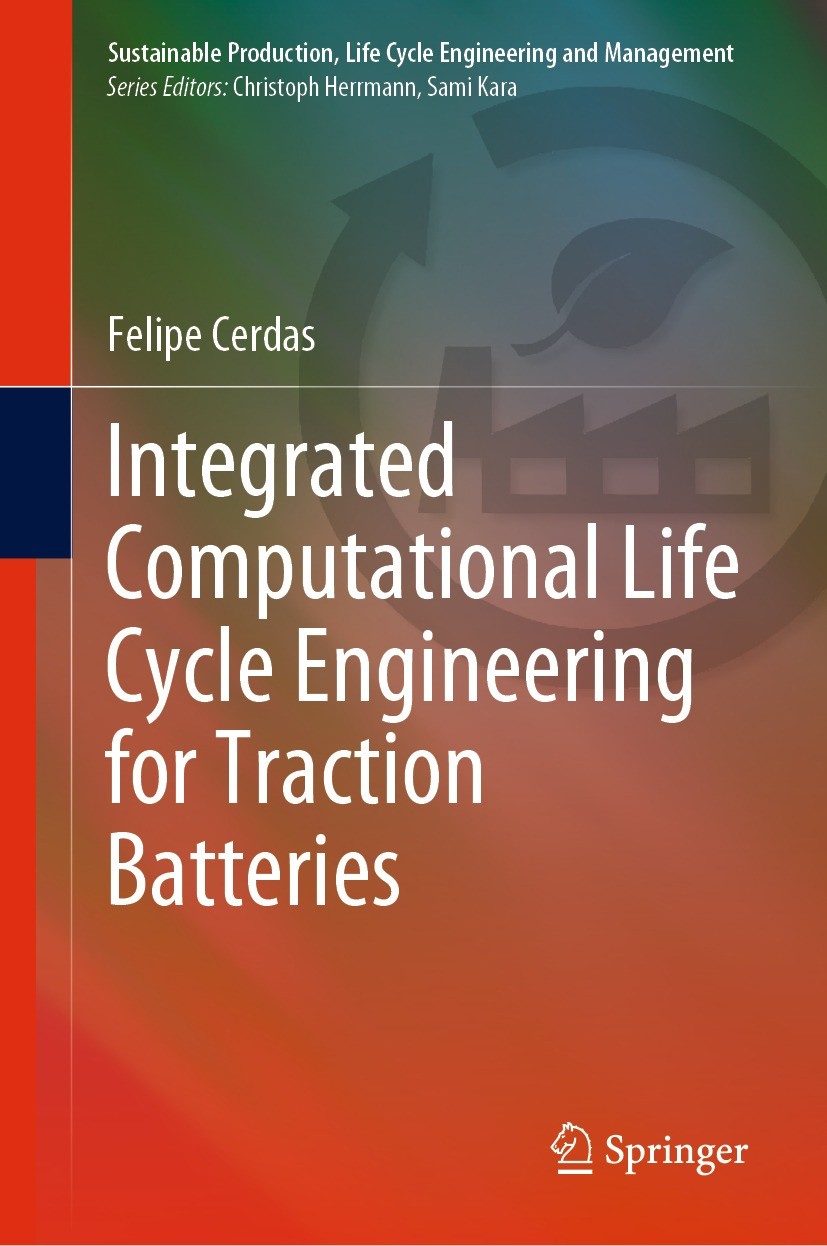
Integrated Computational Life Cycle Engineering for Traction Batteries
2022
Author(s): Cerdas F
The environmental burden caused by private transportation represents a significant challenge towards sustainability. Electric vehicles are considered a key technology to reduce the environmental impact caused by the mobility sector.
A Systematic Review on Sustainability Assessment of Electric Vehicles: Knowledge Gaps and Future Perspectives
2022
Author(s): Onat NC, Kucukvar M.
Electric mobility is emerging worldwide to minimize environmental impacts, reduce dependency on petroleum, and diversify energy sources for transportation. Any emerging technology comes with uncertainties regarding its environmental, economic, and social impacts on global society.
Life Cycle Assessment of Methanol Vehicles From Energy, Environmental and Economic Perspectives
2022
Author(s): Luo L, Wang H, Li C, Hu Y.
This paper uses the Energy, Environment, and Economy (3E) evaluation method to analyze the energy consumption, environmental emission, and economy of methanol, electric, gas, and gasoline vehicles from the whole life cycle perspective.
Comparative Life Cycle Assessment of Li-Sulphur and Li-Ion Batteries for Electric Vehicles
2022
Author(s): Benveniste G, Sánchez A, Rallo H, Corchero C, Amante B.
This study performs a life cycle assessment (LCA) of Li-S battery cells (under industrial development at the moment) that have been scaled up accordingly to estimate their performance as a battery for EVs.
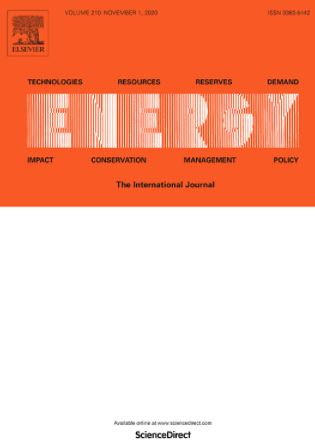
Life Cycle Assessment on Energy Efficiency of Hydrogen Fuel Cell Vehicle in China
2022
Author(s): Lu Q, Zhang B, Yang S, Peng Z
Based on the analysis and research achievements of domestic and foreign scholars regarding the vehicle life cycle assessment, in combination with the research data of relevant enterprises, the research has objectively assessed the well-to-wheel energy efficiency of hydrogen fuel cell vehicles and performed a comparative analysis with conventional gasoline vehicle, conventional diesel vehicle, natural gas vehicle, methanol vehicle and battery electric vehicle



